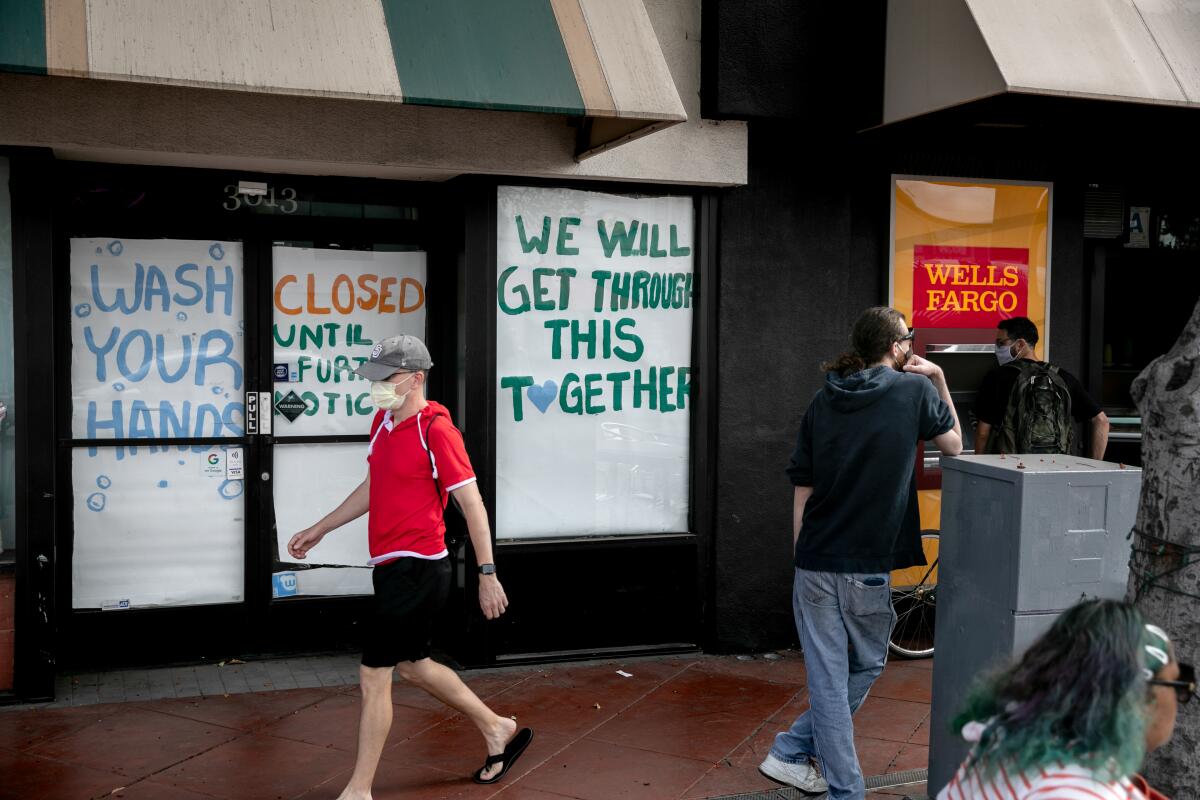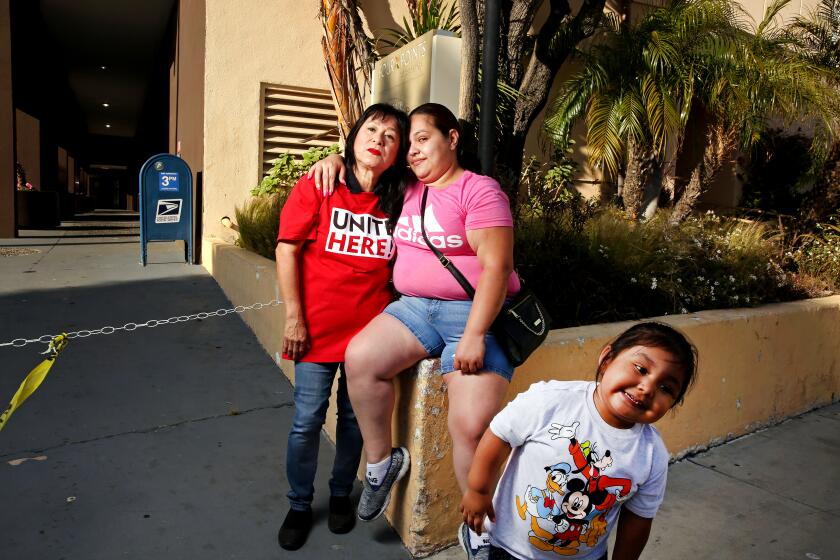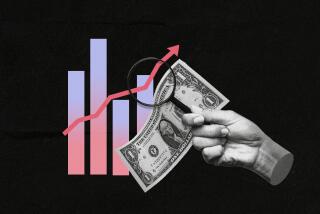1 in 4 U.S. adults were financially worse off in 2020, though stimulus checks helped

The COVID-19 pandemic hurt American financial well-being, but the effect differed widely by education, income and race, a Federal Reserve survey showed.
“The pandemic caused substantial disruptions to many people’s finances, as well as to their daily lives, even while public-policy responses appear to have muted many of the effects,” the Fed said in its 2020 Survey of Household Economics and Decisionmaking released Monday. “A clear pattern from the survey is that financial challenges in 2020 were uneven, and frequently left those who entered the year with fewer resources further behind.”
Almost 25% of adults in the U.S. were worse off financially than in the previous year — the highest since the survey began asking the question in 2014. That compared with 14% in 2019, the survey showed. Those with a bachelor’s degree, high earners and white people were less likely to be affected by the economic crisis than those with a high school education or less, low-income individuals and people of color.
The pandemic’s “shecession” could set back decades of progress on workplace equality, especially among Latina, Black and Asian women.
Although 75% of all adults reported they were “doing OK” by November, only 45% of those without a high school degree said so, compared with 89% of those with a bachelor’s degree. Some 80% of white Americans and 84% of Asian Americans reported doing OK financially, compared with 64% each of Black and Latino Americans.
Financial hardships caused by the pandemic were counterbalanced by financial-relief and stimulus measures, including the Coronavirus Aid, Relief, and Economic Security Act. But, by November 2020, financial well-being based on these measures had edged back down, the survey showed.
Last year, 14% of Americans were laid off. Of workers ages 25 to 54 without a bachelor’s degree, 20% were laid off, compared with 12% of those with at least a bachelor’s. More than 20% of Black and Latino workers lost jobs, compared with 14% of white workers.
More Americans saw their income increase than decrease last year, driven by gains for top earners. Almost 30% of adults with at least a bachelor’s degree saw an increase in their bank account balance after paying bills, compared with 16% who saw a decline. Some 6% of those with less than a high school degree saw an increase, compared with 25% of those who saw a decline in their balance.
Working parents reported problems with child care and work as the pandemic shut down many schools to in-person learning. Almost 75% of parents with school-age children said their child’s school was partly or completely online. Some 11% of mothers and 6% of fathers said they weren’t working because of child-care or in-person schooling disruptions, meaning a drop of almost 2 percentage points in the number of adults working overall.
Black, Latino, single and low-income mothers were more likely to be affected by child-care and schooling disruptions. Some 36% of Black mothers and 30% of Latino mothers said they weren’t working or were working less because of these gaps.
More to Read
Inside the business of entertainment
The Wide Shot brings you news, analysis and insights on everything from streaming wars to production — and what it all means for the future.
You may occasionally receive promotional content from the Los Angeles Times.









